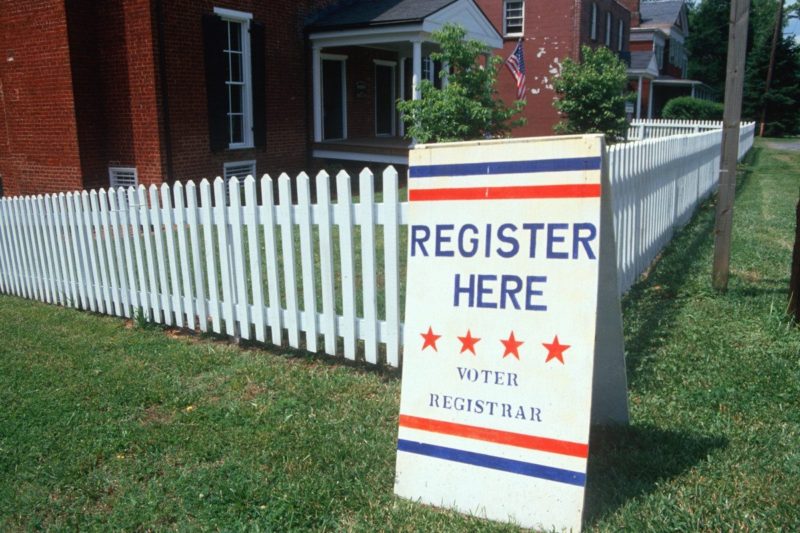Wisconsin GOP’s Voter ID Law Could Disenfranchise 300,000 People
Voters in 17 states this year will face new GOP-supported voting restrictions such as voter ID laws and cutbacks in early voting.

As many as 300,000 registered Wisconsin voters may be disenfranchised during Tuesday’s primary as residents grapple with the first presidential election under the state’s stringent Republican-backed voter identification law.
Though Wisconsin Gov. Scott Walker (R) signed the state’s law requiring residents to show an approved form of photo identification in 2011, a series of court challenges held up its implementation until 2015, when the U.S. Supreme Court opted not to weigh in on the law.
Critics of the requirement say Wisconsin’s restrictive law could leave hundreds of thousands of eligible voters unable to cast a ballot in the April 5 primary election. As justices from the Seventh Circuit Court of Appeals noted in a 2014 dissent, about 300,000 registered voters, roughly 9 percent of registered voters in the state, lack the identification needed to vote.
Though the state’s Government Accountability Board is required to inform the public of the new voter identification laws “in conjunction with the first regularly scheduled primary and election,” a March ProPublica report found that Wisconsin “failed to appropriate funds for the public education campaign,” meaning “thousands of citizens may be turned away from the polls simply because they did not understand what form of identification they needed to vote.”
Many of those turned away will likely be people of color and those with lower incomes, who can face greater hurdles in obtaining identification required to vote. As explained by Imani Gandy, Rewire senior legal analyst, voter ID laws are “especially hard on people of color, people with disabilities, non-English speakers, elderly people, and low-income” people who do not have an ID because they often lack the resources needed to get them.
A 2005 study conducted by the University of Wisconsin cited in U.S. District Judge Lynn Adelman’s 2014 decision on the state’s law found that Black and Hispanic adults in Wisconsin were significantly less likely to have a valid driver’s license.
While 85 percent of white adults in Wisconsin had a driver’s license, just 53 percent of Black adults and 52 percent of Hispanic adults did, said the study.
Walker and Wisconsin’s Republican lawmakers contend that the state’s ID requirement, considered one of the most restrictive in the country, would prevent instances of voting fraud. Walker’s administration was unable to name a single instance of voter impersonation in order to justify its argument, leading Adelman to conclude that “no rational person could be worried about it.”
Numerous studies and investigations confirm that voter fraud is incredibly rare. Wisconsin’s law and others like it are “part of a broader movement to curtail voting rights, which began after the 2010 election, when state lawmakers nationwide started introducing hundreds of harsh measures making it harder to vote,” according to the Brennan Center for Justice. Voters in 17 states this year will face new GOP-supported voting restrictions such as voter ID laws and cutbacks in early voting.
